Why Do Some People Learn English Easily While Others Struggle?
There was no magic moment when I suddenly became fluent in English. No grammar book, no list of vocabulary words, no strict study routine. Yet, one day, I realized I could read, write, and even think in English—without ever consciously “learning” it.
I didn’t know it back then, but I had been acquiring English naturally, the same way a child learns their first language. The secret? Stories.
Reading had been a part of my life for as long as I could remember. I wasn’t memorizing rules or drilling verb tenses—I was simply living in the world of stories.
And this, as linguist Stephen Krashen explains, is the best way to learn any language.
The Missionaries Who Brought Me My First Stories
I grew up in a house filled with books, but my first real exposure to English didn’t come from a classroom—it came from missionaries.
They weren’t Filipinos, but I didn’t know they were Americans either. All I knew was that they brought stories—Bible stories. Noah and the Ark. David and Goliath. Jonah and the Whale. These weren’t just lessons about faith; they were adventures that held my attention, that made me curious, that pulled me into the world of English before I even realized it.
When the missionaries left, they left behind books—so many books stacked inside my grandfather’s house. They were filled with words I didn’t fully understand, but I kept reading anyway, absorbing the rhythm of the sentences, the shape of the language, the way English sounded and flowed.
And I wasn’t just reading. I was listening.
At night, when the power would go out, we would gather around our nanny as she told us folk tales—stories of Ali Baba and the Forty Thieves, of enchanted jars, of lovers turned into lizards.
It didn’t matter that my home language was Binisaya, that Filipino was the language of television, or that English was technically a “foreign” language. Stories blurred those lines. Language was just the medium.
I was simply listening, imagining, and learning without realizing it.
How I Learned English Without Trying
By the time I entered school, English was no longer “foreign” to me. It was just there, woven into my thoughts, slipping into my sentences, shaping the way I expressed myself.
I wasn’t learning English consciously. I was absorbing it.
And here’s the thing: I didn’t know grammar rules. I didn’t know why past tense verbs worked a certain way or why some sentences “sounded wrong.” I just knew what sounded right.
Because I had heard it. Because I had read it.
Stephen Krashen, one of the most influential linguists in language learning, explains this phenomenon as language acquisition. He argues that we don’t learn languages by memorizing rules—we acquire them by being exposed to comprehensible input: stories, books, conversations, things that are slightly above our level but still understandable.
Krashen himself learned Spanish not by taking lessons, but by reading—just like I had unknowingly done with English.
Language is best taught when it is being used to transmit messages, not when it is explicitly taught for conscious learning.
— Stephen D. Krashen
How TV Helped Me Reinforce My English Skills
At home, my mother—a fluent English speaker—preferred Western TV shows over local dramas. We watched Dawson’s Creek, Charmed, Gilmore Girls, Saved by the Bell reruns and other English programs on Studio 23.
I wasn’t actively trying to “study” them. I wasn’t taking notes or looking up translations. I was just watching.
And just like with books, the more I was exposed to English, the more I understood it.
I never needed to translate words in my head—I simply recognized them. My brain had already built the connections.
By high school, I realized something:
I had never studied English the way my classmates did.
I didn’t memorize verb conjugations. I didn’t practice sentence structures. Yet, I could write, speak, and even think in English naturally.
Why Do So Many English Learners Struggle?
Many people spend years studying English but still find it difficult to speak fluently. I wanted to understand why.
So, I conducted a small research project using YouTube, looking at why Japanese learners, in particular, struggle with English—even though they start learning it in grade school.
The problem? They learn English like an academic subject, not as a language.
Most students:
✅ Memorize vocabulary lists
✅ Study grammar rules
✅ Take tests to get good scores
But they don’t get real exposure to English. They rarely read books, watch TV shows in English, or listen to natural conversations.
And without that natural exposure, language learning feels forced—instead of something that happens organically, like it did for me
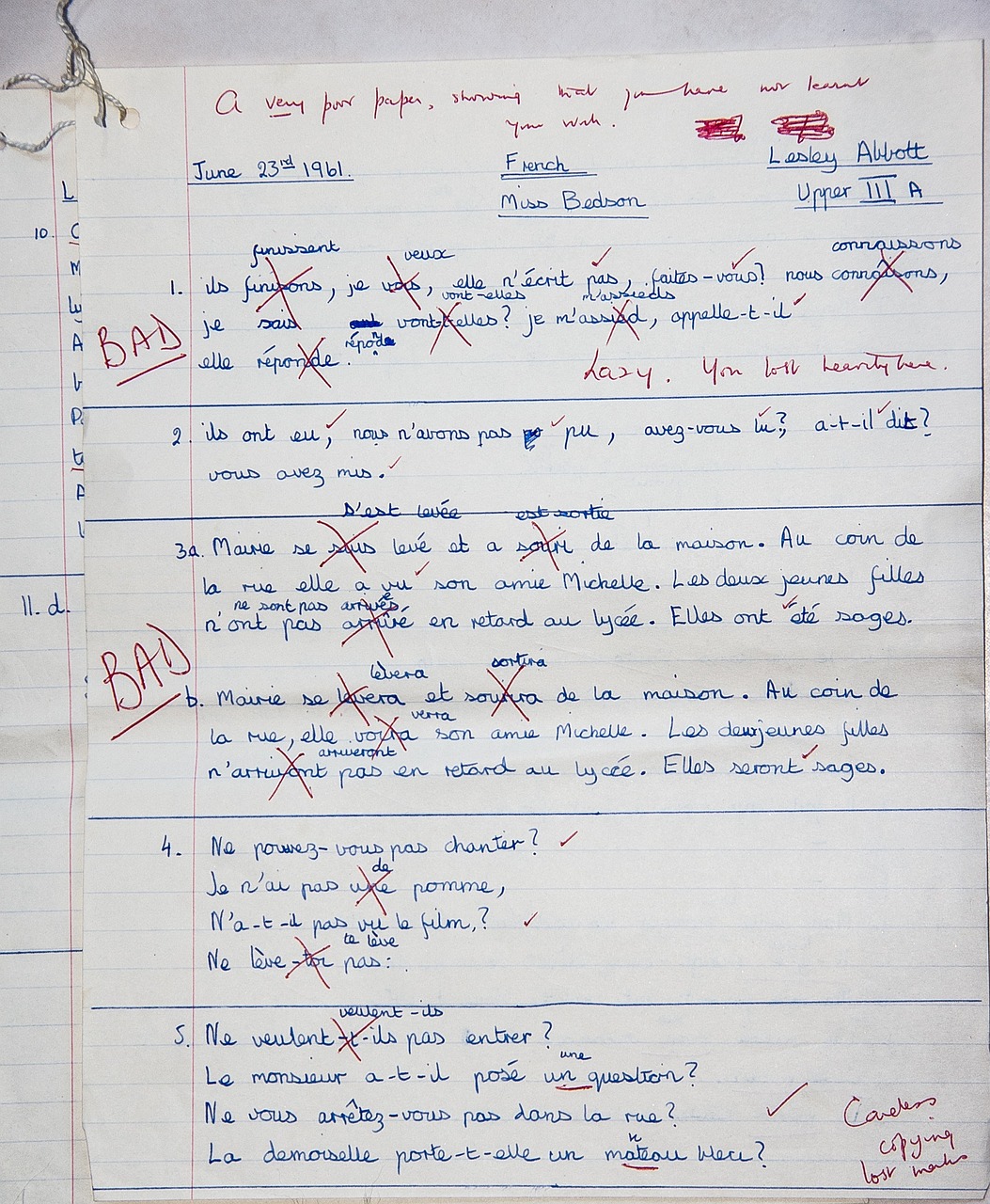
How You Can Learn English Like a Native Speaker
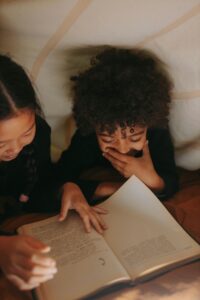

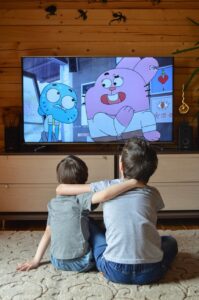
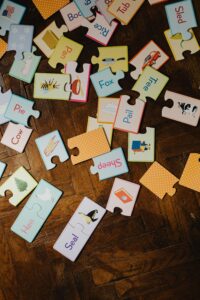


If you’ve been struggling to improve your English, here’s the good news: You don’t need to memorize grammar rules.
Instead, focus on getting as much input as possible.
① Read Every Day
📖 Choose books that interest you (even if they feel slightly difficult).
📖 Start with stories, not textbooks.
📖 Use graded readers if you’re a beginner.
② Listen to English Naturally
🎧 Watch English movies and TV shows (even if you don’t understand everything).
🎧 Listen to audiobooks and podcasts.
🎧 Focus on understanding the story, not just the words.
③ Trust the Process
✅ Don’t worry about mistakes.
✅ Fluency comes with exposure, not forced studying.
✅ Be patient—language learning is a journey.
Applying This Method to My Japanese Learning
I’m now applying this same approach as I learn Japanese.
Instead of memorizing grammar, I’m immersing myself in Japanese books, TV shows, and conversations.
And just like with English, I trust that fluency will come—not through studying, but through absorbing the language naturally.
Conclusion: The Power of Stories in Language Learning
I never set out to “study” English.
I just read. I listened. I absorbed.
And that made all the difference.
If you’re struggling to improve your English, don’t force it. Surround yourself with the language. Read books, watch movies, listen to real conversations.
Because language isn’t something you memorize—it’s something you live.

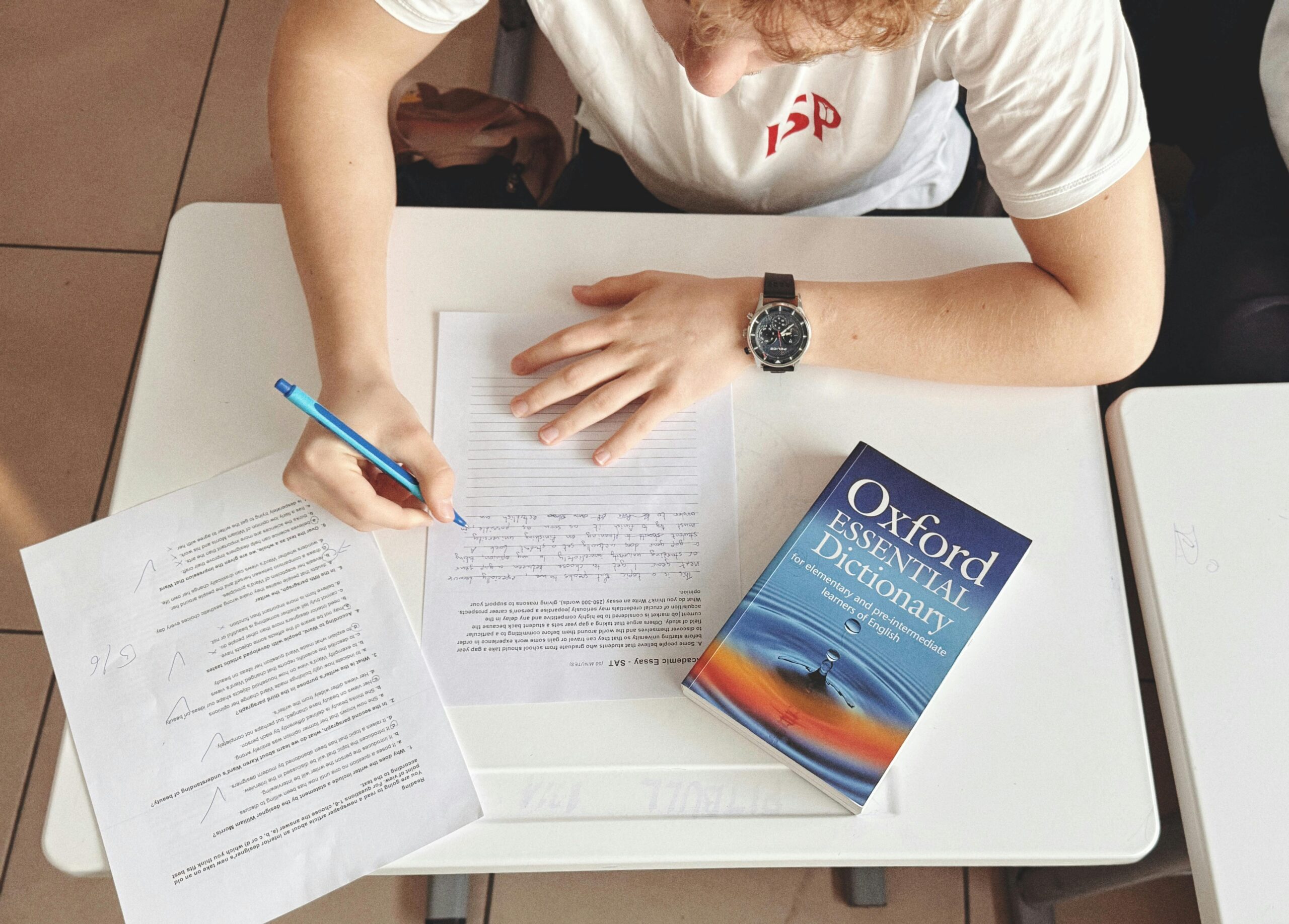

Leave a Reply